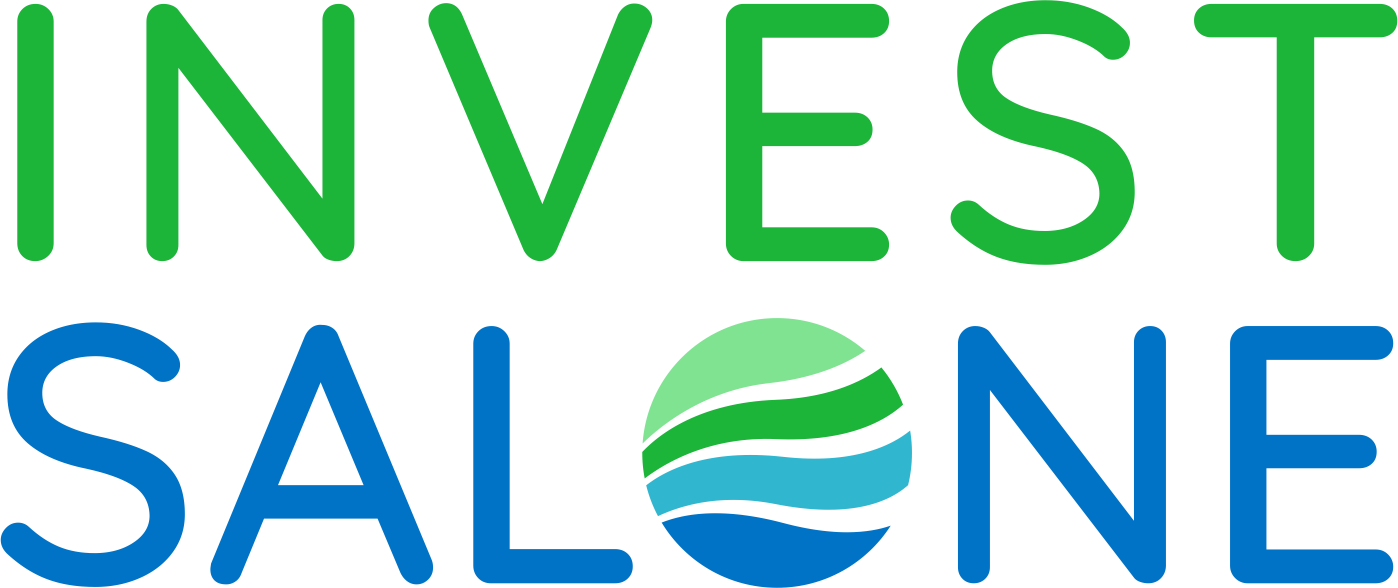Past windows
COVID-19 recovery window (CLOSED)
In order to respond to the COVID-19 crisis, COMPETE Salone deployed a funding window of immediate support to critical businesses in agriculture, manufacturing, tourism and fisheries as well as businesses whose failure could have severe systemic impacts on the economy. This included businesses that support the supply of food, communications, transport and logistics.
COMPETE Salone provided up to 60% grant funding (between £100,000 and £250,000) for projects put forward by Sierra Leonean companies or those registered to operate in Sierra Leone. Projects had to complete implementation within 18 months. Please note that the window for applications is now closed.
What types of business ideas was the COVID-19 Recovery Window looking for?
The COVID-19 Recovery Window sought applications for business ideas from private sector companies operating within Sierra Leone that could:
Strengthen domestic supply chains to enable small- and medium-sized enterprises (SMEs) and off-takers at the top of supply chains to reduce transaction costs, maintaining the integrity and efficiency of the supply chain, and ensure that jobs and income opportunities remain for Sierra Leone producers reliant on these chains. This could involve, for example, the adaptation of new technology, the use of digital technologies to improve monitoring and coordination of supply chains, improving storage and monitoring to reduce storage losses, etc.
Adapt existing machinery, processes, and capacity of producers to increase flexibility in the production of essential goods and for those that are likely to face supply shortages, given difficulties in accessing adequate quantities of imports, and from which a long-term, commercially viable business line can be developed. This could, for instance, involve adapting processing equipment to change packing lines, the value addition of by-products, for example vegetable oils into soaps, the adaptation to the production of hand sanitisers, face masks, other agricultural products, etc.
Support improvements to logistics and distribution chains, especially as social distancing measures will change the manner in which distribution will work throughout the country. We encourage businesses to examine new approaches to supply inputs for raw material and intermediate goods to producers and SMEs that adapt to more “in time” systems to reduce cashflow and storage requirements for these companies. Furthermore, this may entail the use of digital and other technologies to improve last mile distribution to both urban and rural consumers of products, etc.
Environmental window challenge to Sierra Leone’s private sector (CLOSED)
At present the use of environmentally sustainable technologies and approaches is in its infancy in Sierra Leone. However, clean energy technologies within the region are becoming increasingly economical, and the regulatory environment to facilitate their application has improved. Furthermore, given the dependence on agriculture and natural resources for much of its economic growth, Sierra Leone is also vulnerable to climate change and needs new climate-smart adaptations to maintain and accelerate a more inclusive pattern of economic growth.
Whilst the need is clear, risks, market failures and a challenging environment have restricted Sierra Leonean businesses’ ability to innovate, develop, and adapt successful business models and technologies that can alleviate some of these challenges.
To respond to these challenges, COMPETE Salone deployed an environmental funding window to solicit a cross-section of business ideas from private sector organisations operating within Sierra Leone. Successful organisations had to address one or more of the following:
- Support climate-smart agricultural interventions that can link larger scale off-takers at the top of supply chains to smallholder producers and agribusiness. This should reduce transaction costs, maintain the integrity and efficiency of the supply chain, and ensure jobs and income. To do this, firms must adopt climate-smart agriculture (CSA) as an integrated approach to managing landscapes –cropland, livestock, and fisheries. This will address the interlinked challenges of production and accelerating climate change. CSA as adopted by COMPETE Salone aims to achieve one or more of the four outcomes below:
-
- Increased productivity: Produce more and better agricultural products and boost incomes of smallholder producers.
- Enhanced resilience: Reduce vulnerability to drought, pests, diseases and other climate-related risks and shocks and improve capacity to adapt and grow in the face of longer-term stresses like shortened seasons and erratic weather patterns. Methods might include, for instance, better drought tolerant varieties of seed, solar irrigation, atmosphere-controlled or solar-based cooling facilities, etc.
- Reduced emissions: Pursue lower emissions for each calorie or kilo of agricultural product produced and identify ways to remove carbon from the atmosphere.
- Use of organic inputs and reduced use of inorganic inputs: This will allow development of new Sierra Leonean agricultural products that can be sold on regional or international markets.
- Test the commercial development of technologies such as hydro-power, solar energy, biomass and wind energy for use in agribusiness and light manufacturing.
- Develop and test the potential to deepen the market for innovative recycled products for commercial uses, including (but not limited to) the manufacturing and construction sectors.
Firms with financial and operational capacity to implement, were invited to submit their concept notes for business ideas that addressed one of the three challenges above. The ideas had to be implemented over a maximum of 24 months.
